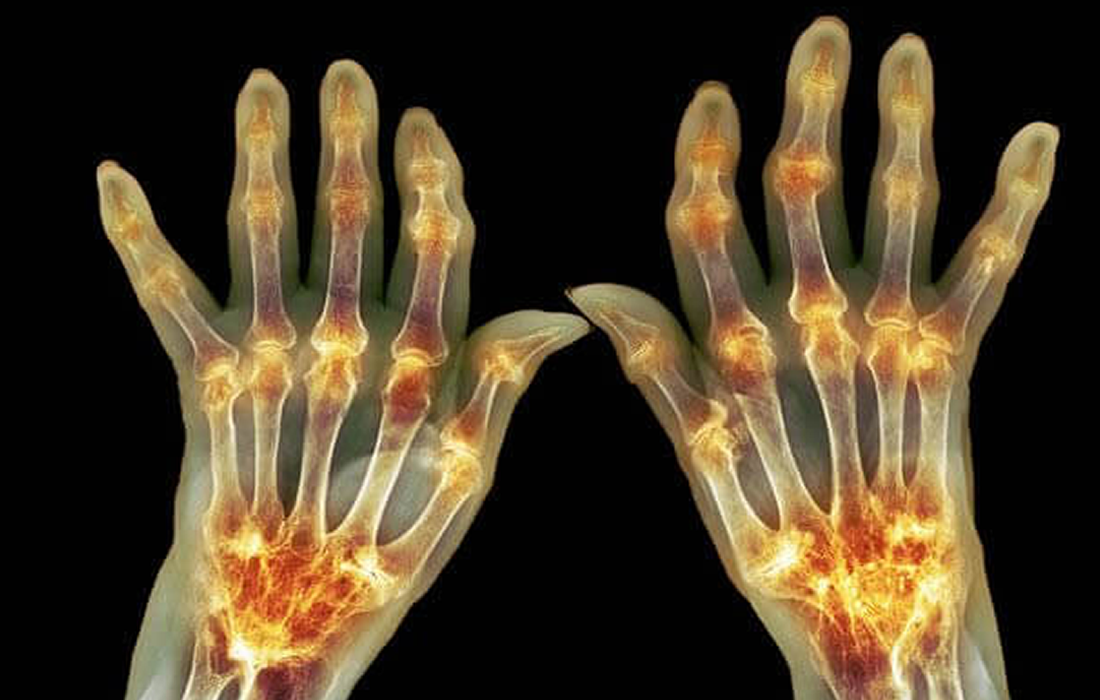Stem Cell Therapy for Specific Conditions
Safety and Efficacy of Umbilical Cord MSCs in Rheumatoid Arthritis
Rheumatoid arthritis (RA) is characterized mainly by synovial inflammation and hyperplasia, cartilage/bone damage, and systemic comorbidities. Different factors can influence the development of RA, including genetic-environmental interactions, synovial immunologic processes and inflammation, and a loss of immunological self-tolerance.
It has been reported that proinflammatory cytokines play an essential role in the disease. Biological agents aiming at these cytokines have been tested clinically. However, they come with moderate to severe side effects, including relapse and increased susceptibility to infections.
Mesenchymal stem cells (MSCs) are multipotent cells that can replicate as undifferentiated cells and potentially differentiate to lineages of mesenchymal tissues. They can also modulate the immune system, migrate to injured tissues, where they can restrain the release of proinflammatory cytokines and facilitate the survival of damaged cells, and also induce peripheral tolerance.
New Study Evaluating the Safety and Efficacy of MSCs
In a study published in the journal Stem Cells Development, researchers evaluate the use of umbilical cord-derived mesenchymal stem cells (UC-MSCs) in the treatment of RA.
The study included 172 patients with active RA who had inadequate responses to traditional medication. They were divided into 2 groups for different treatments. The first group used disease-modifying anti-rheumatic drugs (DMARDs) plus medium without UC-MSCs (n=36), or DMARDs plus UC-MSCs group (n=136). This group received 4×10(7) cells per time via intravenous injection.
Assessment of disease activity was composed of a complete count of tender and swollen joints, the 28-joint disease activity score (DAS28), and the Health Assessment Questionnaire (HAQ). C-reactive protein, erythrocyte sedimentation rate, duration of morning stiffness, rheumatoid factor titers, and anti-cyclic citrullinated peptide antibodies were also tested.
No patients showed any acute serious side-effects either during or after the UC-MSCs infusion, and there were 6 patients out of 136 that showed mild adverse effects during the infusion, including chills and fever that disappeared within 2 hours without treatment.
26 cases of 87 individuals (30%) presenting anemia with an average hemoglobin level of 99 g/L returned to normal after UC-MSC treatment. Levels of serum total protein and globulin were decreased. Also, titers of rheumatoid factor and anti-cyclic citrullinated peptide antibody decreased.
The clinical response to UC-MSCs treatment was rapid with the physical evidence after administration of UC-MSCs. The joint pain and swelling were alleviated within 12 hours and were maintained throughout the period of the study.
After 3 months, significantly decreased levels of HAQ and DAS28 were also observed. The number of joints with tenderness and swelling was significantly reduced along with the alleviated symptoms.
The therapeutic effects were maintained for 3-6 months without continuous administration. In contrast, the group that didn’t receive therapy with UC-MSCs didn’t show the same benefits, which according to the researchers indicate that the treatment with DMARDs plus UC-MSCs may prove a safe, significant, and persistent clinical benefit for patients with RA.
Source:
Wang L, Wang L, Cong X, Liu G, Zhou J, Bai B, Li Y, Bai W, Li M, Ji H, Zhu D, Wu M, Liu Y. Human umbilical cord mesenchymal stem cell therapy for patients with active rheumatoid arthritis: safety and efficacy. Stem Cells Dev. 2013 Dec 15;22(24):3192-202. doi: 10.1089/scd.2013.0023. Epub 2013 Oct 4. PMID: 23941289.
Image from:

